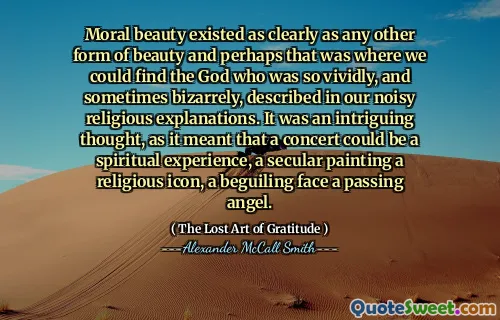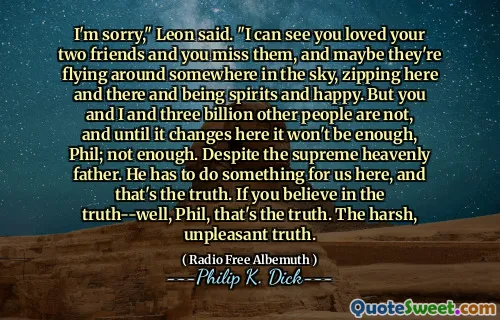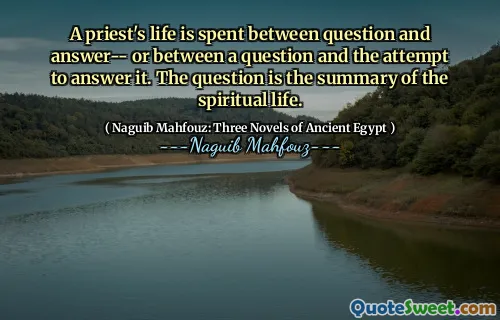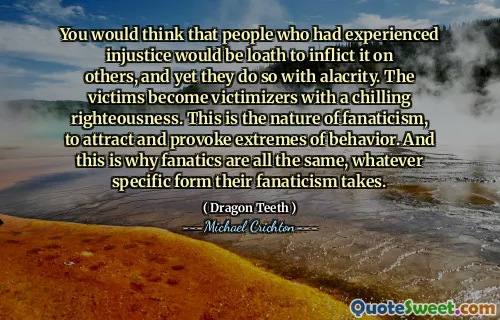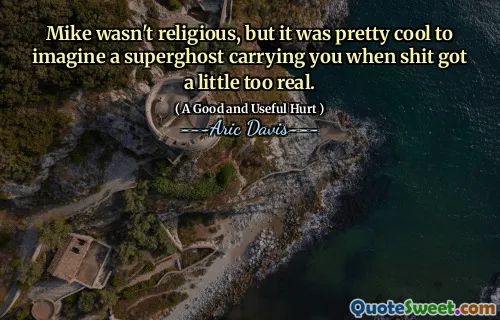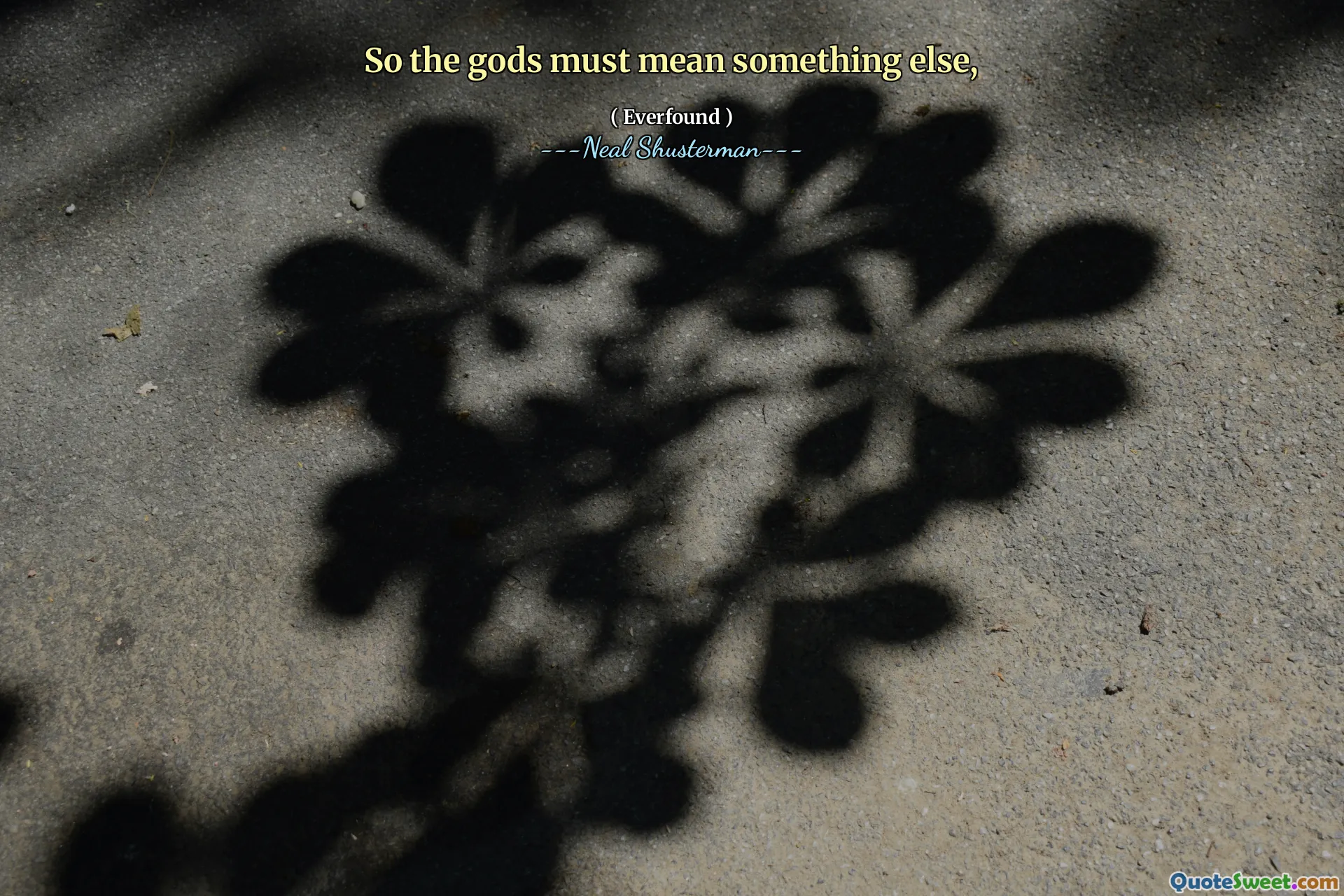
So the gods must mean something else,
This excerpt from Neal Shusterman's '(Everfound)' delves into a profound questioning of the divine and the nature of divine signs. The characters are grappling with the idea that their understanding of gods and higher powers might be incomplete or misguided. The notion that the divine might intentionally give cryptic clues - like the 'impossible' puzzle of the Dancing Bear - suggests that suffering and uncertainty are integral parts of a larger cosmic plan. This raises classic philosophical questions: Why would a benevolent or guiding deity purposefully withhold clear guidance? Is suffering a test or a tool for growth?
The dialogue highlights the human tendency to seek concrete answers from the divine, expecting clarity amidst chaos. Yet, the suggestion that the 'Light of Universal Whatever' stays deliberately mysterious emphasizes that some truths might only be accessible through perseverance and faith rather than straightforward answers. The motif of the dancing bear, an intentionally obscure and whimsical image, underscores the idea that the universe's mysteries might not be meant to be fully understood—perhaps the journey or the challenge is the point itself.
This perspective encourages readers to reflect on their own relationships with faith, uncertainty, and the search for meaning amid chaos. It cautions against expecting divine intervention to simplify our struggles, instead hinting that growth often requires enduring and making sense of ambiguity. The narrative evokes a sense of humility and perseverance, reminding us that sometimes, the path to understanding is paved with mystery, and suffering might be a necessary component of that journey.
The quote masterfully connects existential questions with the imaginative tapestry of mythology and spirituality, urging us to reconsider what we believe about divine purpose and the role of suffering in human experience.

